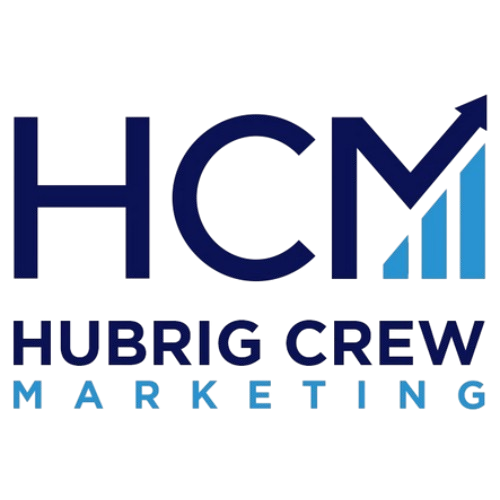Understanding PPC Advertising
Pay-Per-Click (PPC) advertising is a powerful online marketing model where advertisers pay a fee each time their ad is clicked. This approach is commonly employed on platforms like Google Ads, Facebook, and Instagram, allowing businesses to bid on keywords that are relevant to their audience. When users search for these terms, the ads appear, effectively capturing attention.
PPC plays an essential role in digital marketing strategies, primarily because of its ability to deliver quick and measurable results. With 93% of online experiences starting with a search engine, PPC provides a vast reach. Businesses can target specific demographics, ensuring that their ads reach the right audience. The ability to track conversions and ROI further underscores PPC’s significance as an adaptable and cost-effective approach.
The effectiveness of PPC advertising is supported by compelling statistics. For instance, businesses earn a $2 return on every $1 spent on Google Ads, highlighting a 200% ROI. Additionally, conversion rates from PPC traffic are 50% higher than organic traffic, demonstrating its impact on achieving business goals.
Defining Your PPC Goals
When diving into PPC advertising, setting clear goals is your first step to success. Why? Because defining what you want to achieve allows you to align your PPC campaigns with your business objectives. Imagine your business’s overall aim is to boost brand awareness. Your PPC goals should then focus on reaching a wide audience, perhaps through display ads and high-visibility keywords.
Common goals in the PPC realm are varied. You might be looking to increase traffic to your site, which is perfect for new businesses aiming to build visibility. Or perhaps driving leads is your priority, in which case, your campaigns should funnel potential customers towards conversions with strategic calls to action. And let’s not forget generating sales; targeting specific, higher-priced keywords can help here, but a well-thought-out long-term strategy is key.
Aligning your goals with business objectives ensures that your efforts are not only strategic but also measurable. Regular performance analysis will guide you in refining your strategies, ensuring that your PPC campaigns continuously improve and deliver the results you need.
Researching PPC Agencies
When searching for the right PPC agency, knowing where to start can make all the difference. Websites like Clutch are excellent resources, offering reviews and rankings based on client feedback and project costs. Such platforms help you find reputable service providers by showcasing full-service agencies with extensive experience and expertise.
As you compare agencies, consider key criteria like services offered, transparency, and industry expertise. Ensure the agency covers all aspects of your PPC strategy, from ad copywriting to managing various ad channels. Transparency in pricing and regular performance reports are also crucial for maintaining trust and ensuring a good return on investment.
One of the most informative resources in your research will be portfolios and case studies. These documents provide trust and credibility by demonstrating how the agency has solved real-world challenges. They offer a comprehensive overview of the agency’s capabilities, highlighting quantifiable results that can guide your decision-making. By focusing on proven results, you can find an agency that aligns best with your business goals and needs.
Evaluating PPC Expertise
When selecting a PPC agency, expertise is a critical factor that can determine the success of your campaigns. An agency’s qualifications are essential, as they ensure the team has the necessary skills to manage and optimize your ads effectively. This often involves partnerships with major ad platforms like Google and Microsoft, which signify extensive training and adherence to high performance standards.
Certifications play a vital role in recognizing an agency’s proficiency. Look for agencies boasting certifications from recognized programs such as Google Ads Certification and Bing Ads Certification. Awards like the PPC Hero Awards further signal industry recognition and excellence in the field.
In the evolving world of PPC, staying updated with trends is crucial. Agencies should be aware of economic challenges and the need for efficiency, as well as navigating the balance between automation and autonomy. Understanding these dynamics can lead to more effective strategies that maximize your return on investment.
By prioritizing expertise, certifications, and an understanding of current trends, you ensure your PPC campaigns are in capable hands, setting the stage for success.
Understanding Agency Strategies
Crafting a successful PPC strategy requires a focus on several critical elements. One of the foundational components is keyword research. Keywords are essential for targeting the right audience and ensuring that your ads appear in relevant search queries. Agencies often categorize keywords into broad, phrase, and exact match types, which helps in refining ad targeting based on user intent.
Another key component is ad copy, which acts as the face of your campaign. Effective ad copy should include elements like a clear call-to-action (CTA) and highlight your unique selling proposition (USP). For instance, using emotional triggers or specific numbers, such as “2-day shipping guaranteed,” can significantly enhance engagement.
The importance of data-driven approaches cannot be overstated. By leveraging performance metrics, agencies can tailor strategies to meet specific business goals and adapt in real-time to changing market conditions. This ensures campaigns not only remain relevant but also maximize return on investment.
In summary, a comprehensive PPC strategy involves meticulous keyword research, compelling ad copy, and a strong reliance on data analytics to continually improve campaign effectiveness.
Measuring Success and Reporting
In the realm of PPC advertising, effective tracking and reporting are indispensable for assessing campaign performance. They allow businesses to determine the impact of their ad spend on their bottom line, ensuring that every dollar is wisely invested. By analyzing metrics such as total costs, cost per click, and conversion rates, businesses can make informed decisions to drive growth.
Monitoring key performance indicators (KPIs) is crucial to understanding the health of PPC campaigns. Important KPIs include click-through rate (CTR), cost-per-click (CPC), and return on ad spend (ROAS). These metrics provide insights into ad effectiveness, budget efficiency, and overall campaign profitability, helping to identify areas for improvement.
Agencies should prioritize clear and concise communication when reporting results to clients. Avoid overwhelming clients with excessive data; instead, focus on aligning reports with the client’s primary objectives and delivering context for the metrics presented. Encourage clients to ask questions about the reporting process to ensure they fully understand the insights and can make strategic decisions based on them.
FAQs on Choosing PPC Agencies
Q: What are common questions businesses have about PPC agencies?
A: Businesses often ask about the agency’s experience, the industries they specialize in, and the strategies they use to achieve PPC goals. It’s also common to inquire about the agency’s track record with businesses of similar size or industry.
Q: How are pricing models structured for PPC services?
A: PPC pricing models vary, with common structures including fixed fees, percentage of ad spend, or performance-based models. Understanding these models is crucial for budgeting and aligning with your goals.
Q: What should I consider regarding agency-client communication?
A: Clear communication is vital for a successful partnership. Ensure the agency provides regular updates and transparent reports that align with your key performance indicators (KPIs). Discuss how often you’ll have meetings and who your main point of contact will be.
These FAQs can help guide your decision-making process when choosing the right PPC agency for your business. By understanding these aspects, you can select an agency that complements your business objectives and communication style.
Conclusion and Key Takeaways
Embarking on the journey to find the right Pay Per Click (PPC) agency is a crucial step towards enhancing your business’s digital marketing efforts. This guide has outlined the importance of defining clear PPC goals, meticulously researching and comparing agencies, and evaluating their expertise and strategies. By focusing on these key areas, you ensure that the agency you choose aligns perfectly with your business objectives and can effectively drive results.
Now is the time to take action. Reflect on what you’ve learned and assess your current PPC needs. Reach out to potential agencies, ask the right questions, and don’t hesitate to delve into case studies and client testimonials. Remember, the right agency will not only meet your expectations but also foster a partnership built on transparency and shared goals.
Ultimately, the success of your PPC campaigns hinges on making informed decisions and being proactive. With the right agency by your side, you can harness the power of PPC advertising to boost traffic, generate leads, and increase sales. Stay committed to continual improvement and data-driven strategies, and watch your business thrive in the competitive digital landscape.



